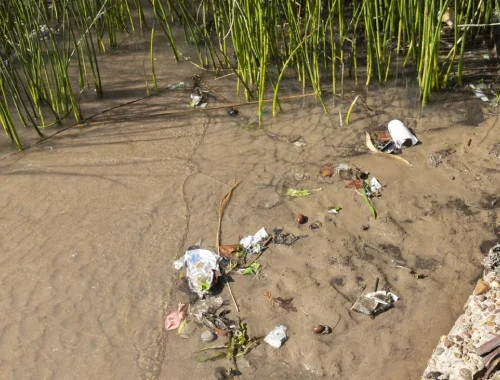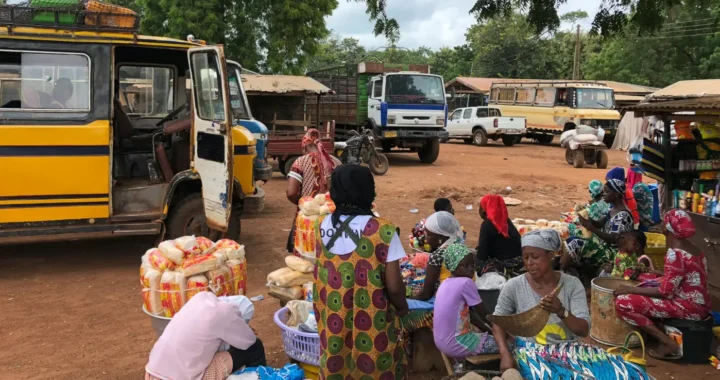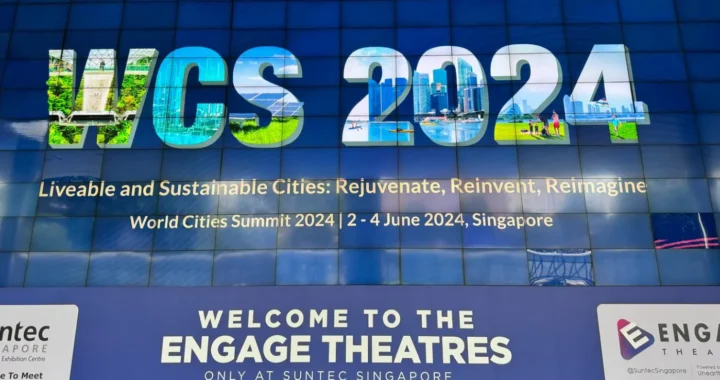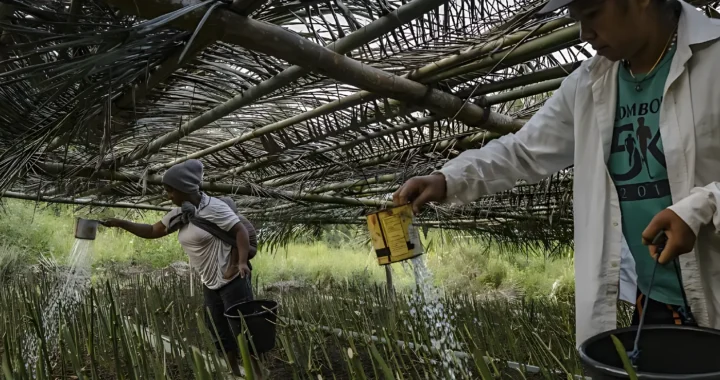Are Democracy and Climate Change Connected?

Photo: Oluwaseyi Johnson on Unsplash.
Short answer: yes. Democracy is about the people, and people are central to sustainable development. While the world is grappling with the climate crisis, how can we harness the power of democracy to address the crisis? A report by the International Institute for Democracy and Electoral Assistance (International IDEA) shares insights on the relationship between democracy and climate change in Asia-Pacific.
What is democracy?
Democracy generally refers to a government system where the power is vested in the people. In a democratic country, people can vote for government representatives and participate in other legislation processes.
However, beyond a system, democracy can also be understood as a set of values and principles. The United Nations perceives democracy as a principle that provides “an environment that respects human rights and fundamental freedoms, and in which the freely expressed will of people is exercised.”
Then, can democracy contribute to addressing the world’s pressing problems, particularly the climate crisis? The report titled “Climate Change and Democracy: Insights from Asia and the Pacific” released by the International IDEA looks into the connection between democracy and climate change, including opportunities and challenges that might occur. It draws conclusions based on case studies from 10 countries in the Asia-Pacific region: Australia, Bhutan, India, Indonesia, Japan, Singapore, Solomon Islands, Fiji, Tuvalu, and Vanuatu.
Democracy and climate change
Countries in the Asia and Pacific regions are particularly vulnerable to the climate crisis. While all countries experience the impacts, each has different capabilities to address climate change. The country’s governance is a factor that contributes to this condition.
The report examines case studies from ten countries with diverse democratic governance and various readiness levels for climate change. Based on the case studies, the report shares two major findings. First, the report reveals that democratic governance can shape climate action. For example, in cases where public policy is influenced by commercial interests, political figures tend to adapt and cater to their missions to fulfill those short-term interests. This leaves little room for consistent climate action plans as commercial interests continuously change.
At the same time, the report also finds that various democratic innovations have been made by the countries for climate action. One is by establishing a planning state where nations create a specific, long-term climate action plan to tackle the short-term commitment tendencies of political figures.
While democratic governance can shape climate action, it is not the only factor affecting it. The report’s second major finding shares that geographic locations, climate vulnerability, state capacity and resources, dependence on international funding, and economic structure are essential factors in developing climate actions.
Supporting climate action
Both democracy and sustainable development put people at the center of their missions. Therefore, harnessing democracy to address the climate crisis and other wicked problems is important. The report concludes with several recommendations on how to draw strength from democracy to support climate action:
- Identify and implement ways to establish a stronger democratic planning state with more robust democratic responses.
- Strengthen the spirit of solidarity and democracy to include future generations and nature, and implement this spirit in various laws and policies.
- Place Indigenous perspectives at the center of democratic politics.
- Ensure that international funding for climate action does not come at the expense of a country’s democracy.
- Foster multilateralism by learning from the most climate-vulnerable.
Read the full report here.
Editor: Nazalea Kusuma
Thank you for reading!
Green Network Asia – International Annual Individual Membership supports your personal and professional growth with unlimited online access to our “Exclusive Content” platform purposefully designed to showcase cross-sectoral insights on sustainable development and sustainability in the Asia Pacific and beyond. Enjoy the Membership benefits, including -but not limited to- public policy & regulatory updates, easy summaries of research findings & reports, and impact stories from governments, businesses, and civil society.

Kresentia Madina
Madina is the Assistant Manager for Membership at Green Network Asia. She graduated from Universitas Indonesia with a bachelor's degree in English Literature. She has three years of professional experience in editorial and creative content creation, editing, and research.


 Upholding the Machángara River’s Rights of Nature Against Pollution
Upholding the Machángara River’s Rights of Nature Against Pollution  Accelerating Gender-Responsive Disaster Management with Sendai Gender Action Plan
Accelerating Gender-Responsive Disaster Management with Sendai Gender Action Plan  ASEAN and the EU Support Sustainable Connectivity with a Higher Education Program
ASEAN and the EU Support Sustainable Connectivity with a Higher Education Program  Australia Proposes Right to Housing Bill to Tackle Housing Crisis
Australia Proposes Right to Housing Bill to Tackle Housing Crisis  World Cities Summit 2024: A Trigger to Help Build a Sustainable Singapore
World Cities Summit 2024: A Trigger to Help Build a Sustainable Singapore  Mama Bambu: How Women in Flores, Indonesia Take Part in Environmental Conservation
Mama Bambu: How Women in Flores, Indonesia Take Part in Environmental Conservation